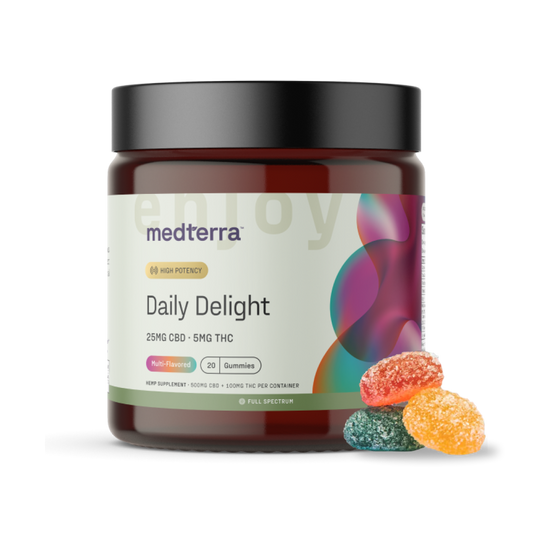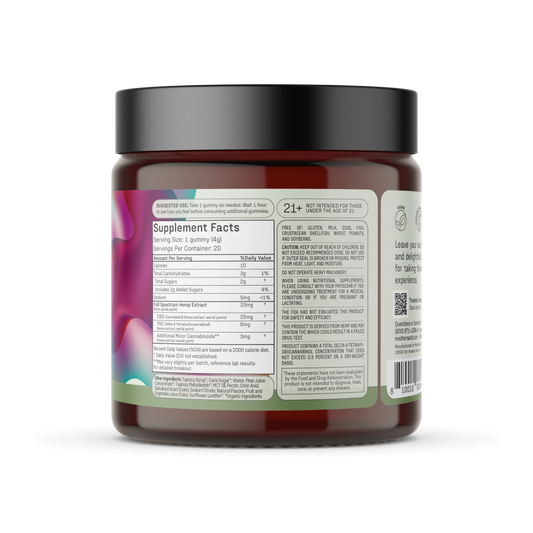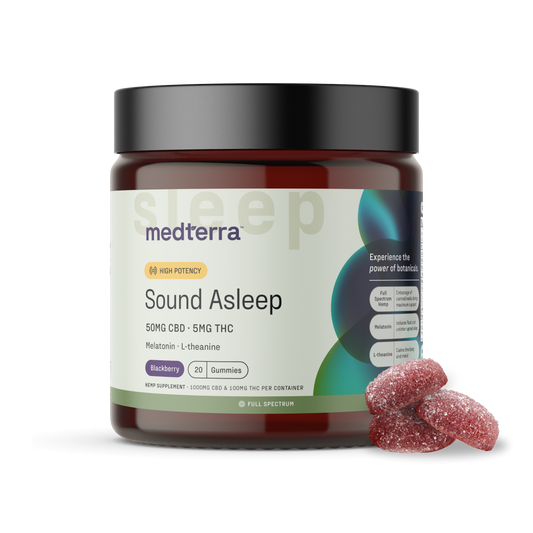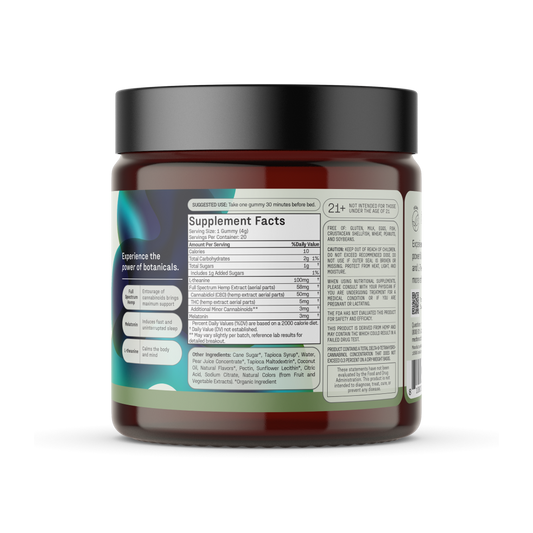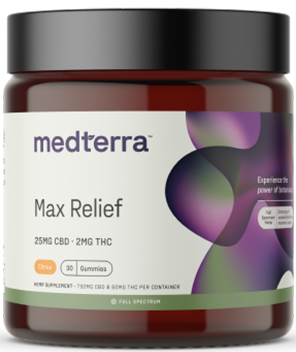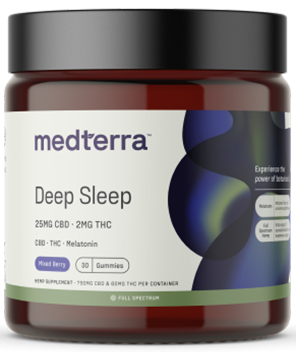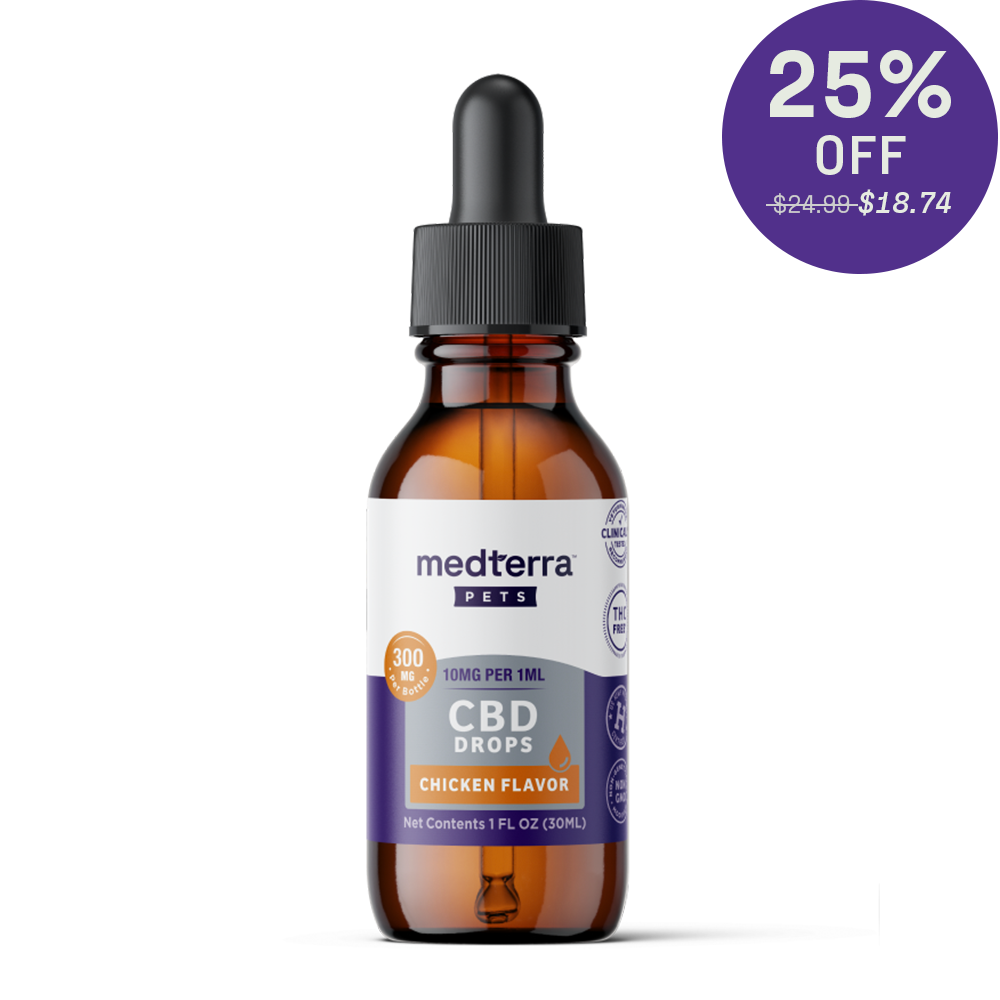As of November 2018, recreational marijuana was legalized in 10 states, and medical marijuana was legal in 33 states. Virginia has not yet decriminalized the substance, and it looks as though this may not happen anytime soon. But the Senate has now passed two bills which allow cannabis oil products to be used to treat a range of diagnosed conditions.
Legalization in VirginiaBut this past fall, the U.S. federal government legalized prescription cannabis-based medication in Virginia, with five prescription dispensaries slated to open next year. Licenses were given to five medical dispensaries at the end of November in the state.
These dispensaries will be allowed to sell marijuana-derived products, namely cannabidiol (CBD) oil. Patients will be able to get marijuana-based products but only with an official physician's certificate. They then have to register at a pharmacy to get the medications from a licensed dispensary. Restrictions on CBDCBD oil is THC's non-psychoactive sister component, and products sold in Virginia can contain 15% CBD but no more than 5% THC. CBD has many purported health benefits such as pain and anxiety management, and a growing body of research shows that it may also help more severe neurological and central nervous system (CNS) disorders.
The Virginia Board of Pharmacy has approved the drug Epidolex, a CBD-based medication developed to help manage seizures in children with severe disorders. Epidolex will be added to a list of schedule V drugs, a class which is reserved for drugs which are generally considered safe and non-addictive. Examples of other Schedule V drugs include some cough medicine components and the prescription drug Lyrica, which is used to treat epilepsy and fibromyalgia. ControversySome experts believe that legalization of marijuana-based products like CBD and even vaping may lead to a worsening drug problem in the state. A Ronoake-based summit on opioids explored this, with many experts saying that normalizing marijuana only leads to more problems.
Epilodex is currently the single exception to the federal classification that marijuana is still a Schedule I drug, in the same category as heroin and even more restricted than drugs in the next category (schedule II), which includes cocaine and methamphetamine. As a federally classified schedule I drug, this not only makes it illegal, but also communicates a message to the public that it is dangerous and has no medicinal value. There has been much curiosity concerning this new development in Virginia, and plenty of questions have resulted. Read on for an overview of some common questions and answers about Virginia's new marijuana-product policy. Frequently Asked Questions What's the difference between marijuana, other oils you can find at some dispensaries, and Epidolex? Epidolex was developed by GW Pharmaceuticals with the specific intent of developing a safe alternative treatment for people-specifically children-who have severe neurological and nervous system disorders which cause seizures. As soon as it is classified as a Schedule V drug, that means that physicians can prescribe it and pharmacies with any type of license can dispense it. Epilodex is just like any other prescription medication where dosages are prescribed and standardized. By contrast, dispensary oils can vary in potency between dispensaries. Brands may differ and there is not such tight regulation as to the amount of THC in the oil. In addition, they aren't FDA-regulated and ingredients aren't necessarily 100% transparent. Thus, though it is a natural product, there cannot be a 100% guarantee that each product is the same and therefore it cannot officially be used as a form of treatment. Is there a difference between oils that you find in a dispensary and those that you find in regular stores in?When you get CBD in stores, it's probably going to be made from industrial hemp and will be made outside of the state. CBD contains small amounts of THC and Virginia rules state that CBD products must contain a very low amount of THC. In addition, these products are still technically illegal in states like Virginia, which haven't actually legalized marijuana products. Initially, the oil that will be available in Virginia will be offered as a part of a research program via the Department of Agriculture.
Can anyone buy dispensary oils?No. Under the current law, patients, parents, guardians or caregivers can apply for registration visa the Board of Pharmacy, and dispensary oils must be prescribed by a physician for an approved condition. The process is similar to that which those states which have legalized medicinal marijuana in that patients can be certified to receive this medically after an examination by a certified doctor.
Physicians are instructed to give a comprehensive overview of risks and benefits of THC-based oils. This is partially to ensure that the patient is not prone to addiction. After a patient is prescribed an oil, they must register with a local registered pharmacy in the state of Virginia. They can then take their official documents to a dispensary to retrieve the oil. Are there a variety of marijuana-based products that will be available?The state of Virginia has solidified the acceptable levels of THC in these products, but at this point there is no way of regulating the plants or oils beyond that. It could be that dispensaries have a greater or lesser variety of products in store, but it has yet to be seen exactly what products will be available to certified patients.
What types of physicians are authorized to prescribe oils?Right now, oils in Virginia are treated the same way as other drugs in terms of prescriptions. Any certified physician is allowed to prescribe oils, so long as they learn about the drugs on their own terms and prescribe them ethically and fairly.



